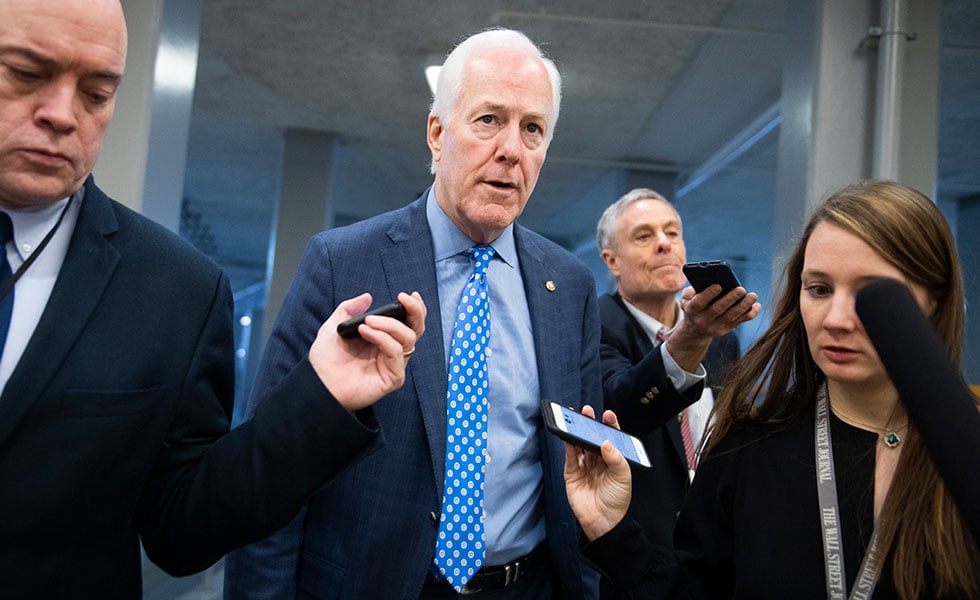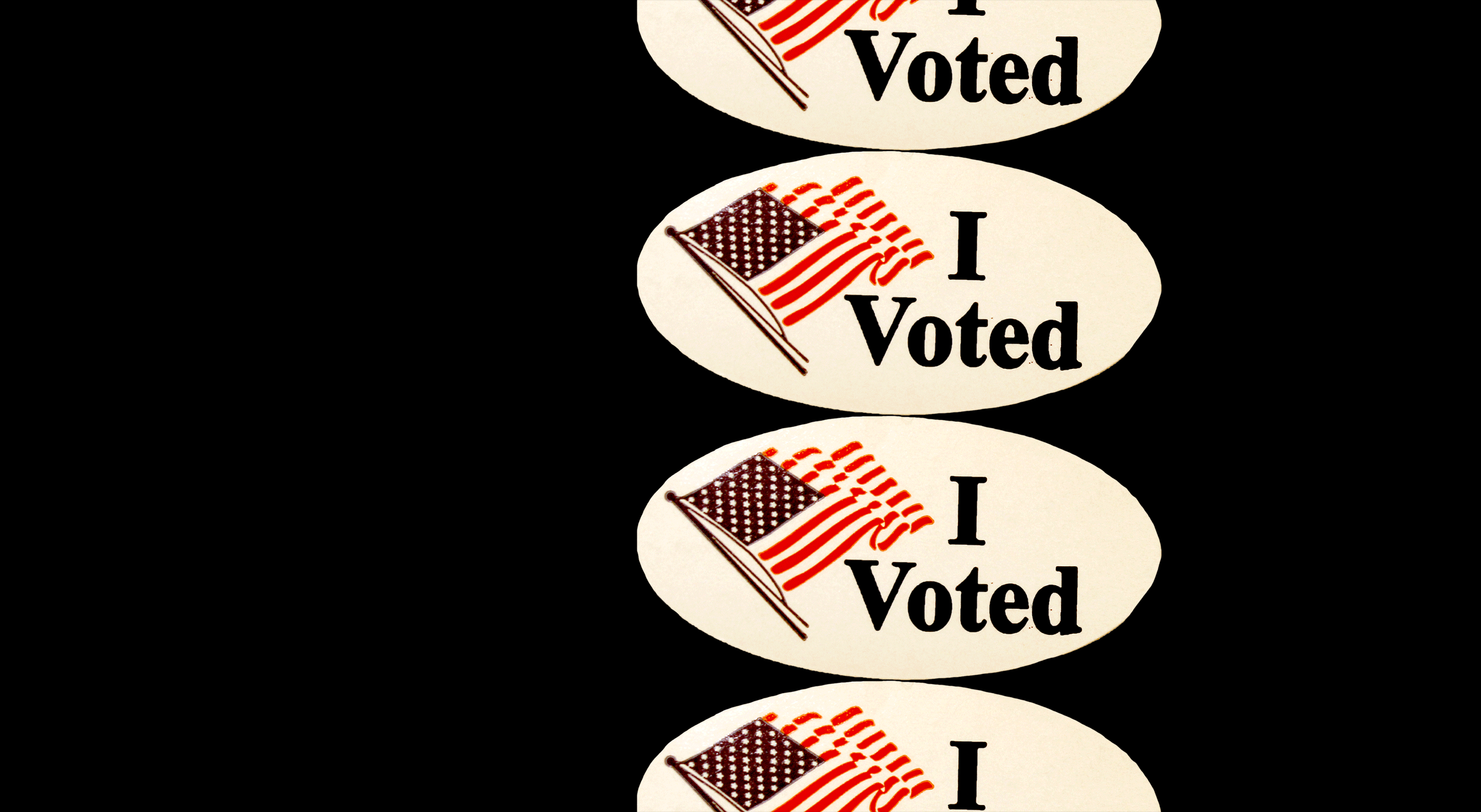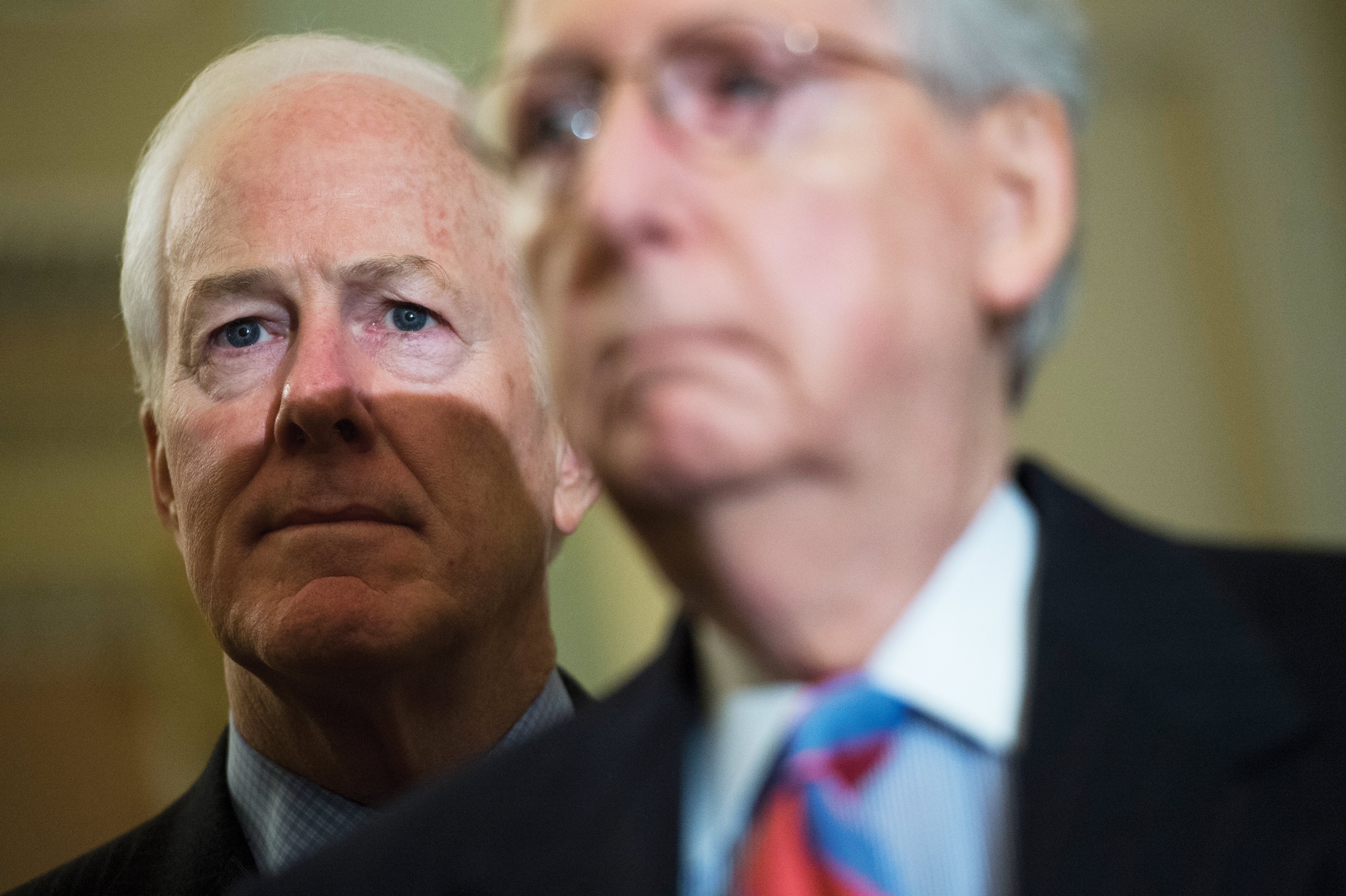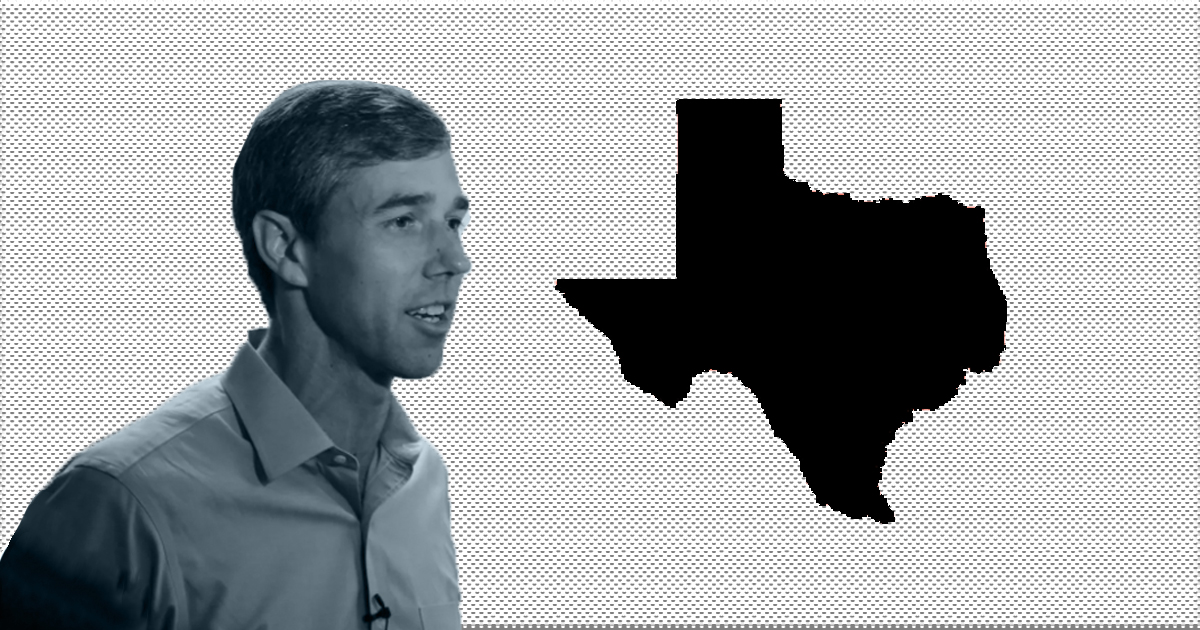
Beto Tried to Win a Texas That Doesn’t Quite Exist Yet

“The people of Texas are not a small, paranoid people. We are big, bold, ambitious and focused on the future,” Beto O’Rourke said last Friday, the final day of early voting, after Ted Cruz accused him of funding the migrant caravan with campaign money. That may be true of the Texas people. But it’s not quite the reality of the majority of Texas voters.
As I’m writing this, Cruz is ahead by more than 3 percentage points and several outlets have called it in his favor. That, to be clear, is an astounding result for O’Rourke, who ran the closest Democratic campaign in Texas in decades and helped Democrats pick up several seats down-ballot. He tapped into something that nobody has been able to do before, and in running the race that he ran he undeniably set the table for Democrats to compete statewide in 2020 in a very real way. Putting Texas even somewhat in play has changed the national landscape.
There was a heavy weight hung around Beto’s campaign from the beginning. He needed to revitalize one of the weakest Democratic parties in the country; reverse demographic voting trends in one cycle; create coattails for down ballot; and defeat a savvy incumbent in a very red state. He appears to have pulled off all but the last.
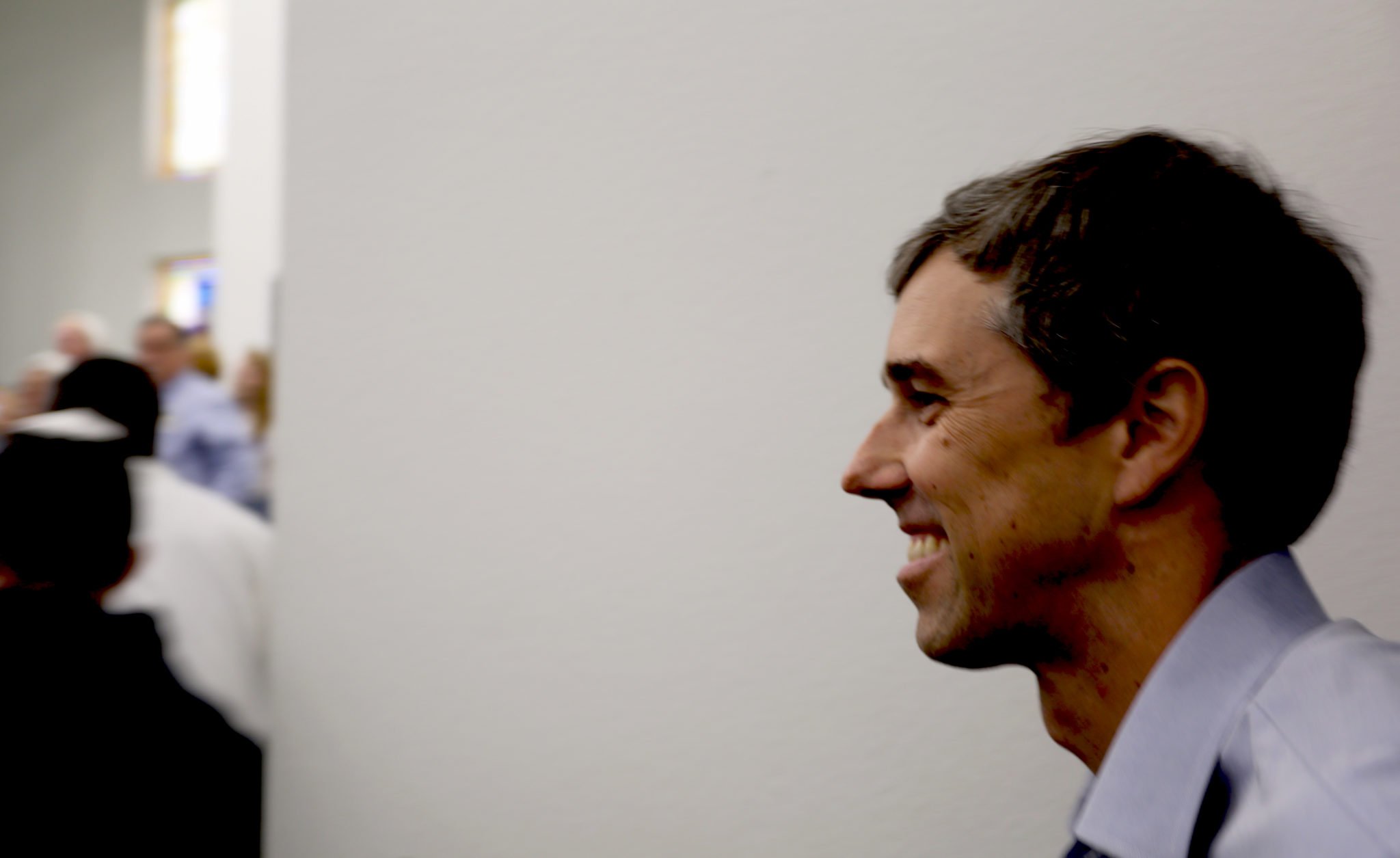
Early on, the El Paso congressman had pulled out in front, buoyed by big early vote returns in the major cities and outperforming in purple suburbs — and for a second, it looked like he could pull off an upset. But from there, Cruz slowly crawled back, running up the numbers as deep red rural county returns came in.
On the face of it, O’Rourke’s efforts to drive up turnout in the cities and suburbs appears to have worked in a big way — but his Sisyphean attempt to make inroads in rural Texas were not as effective. Deep red Texas came out for Cruz in a big way.
This race was always at its core a competition of two distinct political realities. Cruz ran a relentless fear-mongering campaign based on the calculation that there are far more “small, paranoid people” who are consumed with clinging on to what’s theirs than there are people willing to be big, bold and think past the next 24-hour news cycle. That calculation still appears to win statewide races in Texas. You can still churn the base with jingoism, red-meat appeals, racial dog whistles and unabashed fear-mongering about an immigrant invasion. It played into the baked-in cynicism that the Texas body politic is everything the country thinks it is: a reactionary and close-minded mass.
There was a heavy weight hung around Beto’s campaign from the beginning.
On the other hand, O’Rourke’s reality was steeped in aspiration, a high-minded belief that there was a yearn for big change in Texas and that all it took was showing up and having a conversation. When you squinted and turned your head just so, you could almost see it so.
In the end, Beto O’Rourke ran a campaign aimed at a Texas that he tried to will into existence through sheer force of political endurance, an unending determination to show up. But in the end, that Texas did not show up. Not enough, at least.
Perhaps that Texas still does not exist. Not because Beto didn’t do enough, or the voters he tried to turn out didn’t care enough, but more simply that Texas is still more like the state that has unflinchingly elected Trump, Ted Cruz, Greg Abbott, Dan Patrick, Rick Perry and George W. Bush — and not the one that O’Rourke tried to win.

